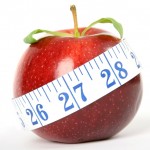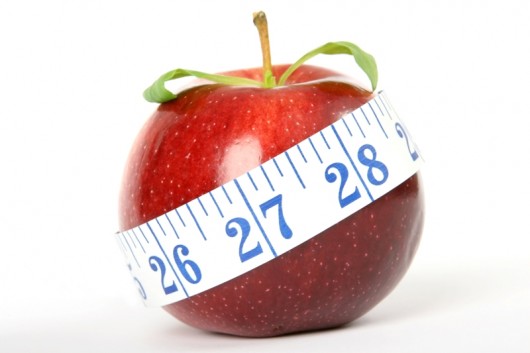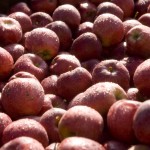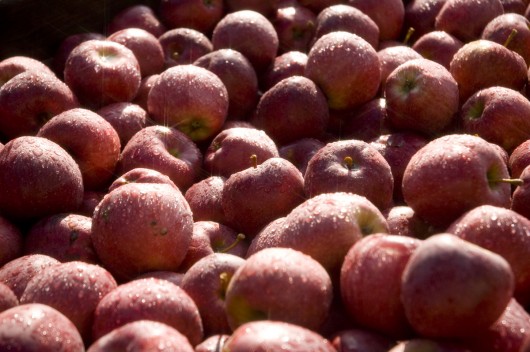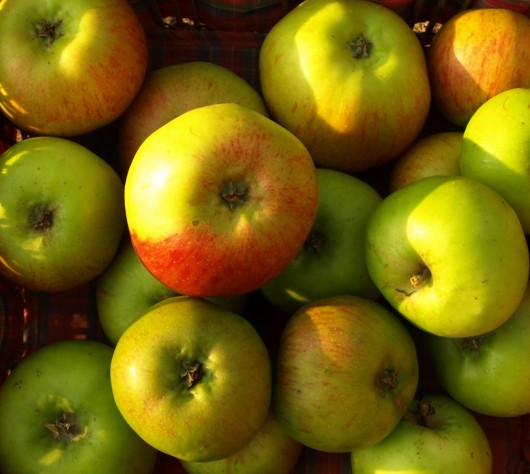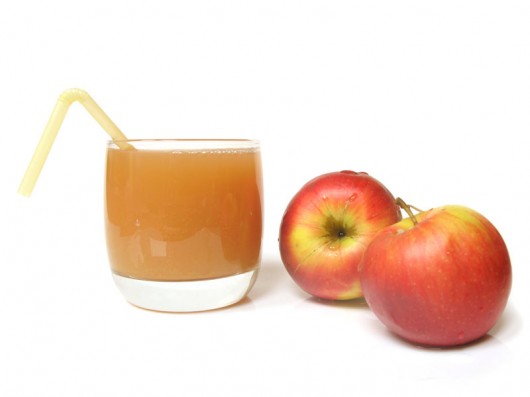Which Fruit Has The Most Iron?
What Is Iron?
Iron is a metal that is very commonly found on Earth. The core of the planet is primarily composed of molten iron, and large amounts of iron are found in various forms on the Earth’s crust as well. Iron is a chemical element (abbreviated Fe), so pure iron is composed of iron atoms, and iron is capable of binding to other substances and forming compounds. Oxidized iron, or rust, is one example of an iron compound.
Iron And Our Health
Iron also plays a critical role as a nutrient in our bodies. The reason for this is that iron ions, which have a charge of either 2+ or 3+, are capable of being bound by proteins. Metal ions commonly act as cofactors to enzymes, and iron is one of the most important of the metal cofactors found in our bodies. Iron is a part of the hemoglobin molecule, cytochrome P450 and myoglobin. All of these molecules have a common heme group, but they have diverse biological functions. Hemoglobin is the molecule in red blood cells that is responsible for oxygen binding in the lungs, transfer of oxygen to the body and elimination of carbon dioxide as a gaseous waste. Myoglobin is a similar molecule found in muscle tissue. Cytochrome P450 is group of enzymes that are involved in oxidation in metabolism.
Iron is easily obtained from foods such as red meat, fish, poultry, green leafy vegetables, legume and soy products, such as tofu. A nutritional deficiency of iron can lead to anemia, or low red blood cells, fatigue, muscle weakness, changes in the hair, skin and nails, irritability and decreased immune system function. Consuming too much iron from an overdose of supplements can cause iron poisoning and liver failure, especially in infants and very young children.
Top Fruits For Iron Content
The amounts of Iron are given for 100g of each fruit.
1 Mulberry 1,90 mg
2 Blackcurrant 1,70 mg
3 Elderberry 1,60 mg
4 Cherry (sweet) 1,10 mg
5 Redcurrant 1,00 mg
6 Carrot 0,90 mg
7 Pumpkin 0,80 mg
8 Raspberry 0,70 mg
9 Jackfruit 0,60 mg
10 Lemon 0,60 mg
11 Lime 0,60 mg
12 Blackberry 0,60 mg
13 Strawberry 0,41 mg
14 Durian 0,40 mg
15 Apricot 0,40 mg
16 Fig 0,40 mg
17 Kiwi 0,31 mg
18 Blueberry 0,30 mg
19 Lychee 0,30 mg
20 Peach 0,30 mg
21 Pineapple 0,30 mg
22 Grape 0,30 mg
23 Gooseberry 0,30 mg
24 Guava 0,30 mg
25 Mangosteen 0,30 mg
26 Cranberry 0,30 mg
27 Tomato 0,30 mg
28 Pomegranate 0,30 mg
29 Cucumber 0,29 mg
30 Banana 0,26 mg
31 Plum 0,20 mg
32 Watermelon 0,20 mg
33 Melon (Cantaloupe) 0,20 mg
34 Passion Fruit 0,20 mg
35 Tangerine 0,15 mg
36 Papaya 0,10 mg
37 Orange 0,10 mg
38 Apple 0,10 mg
39 Grapefruit 0,10 mg
40 Mango 0,10 mg

